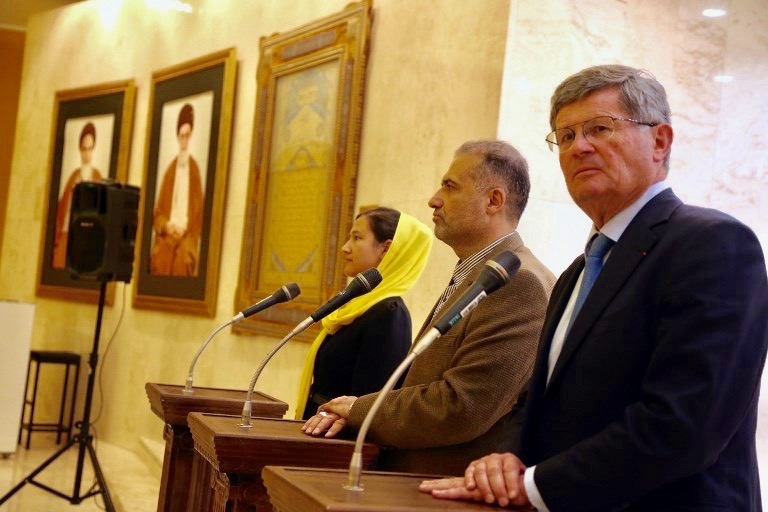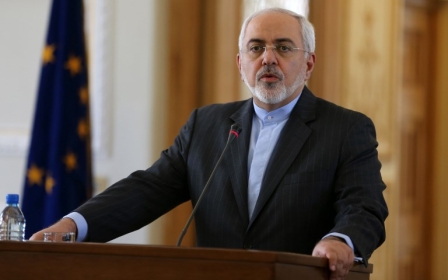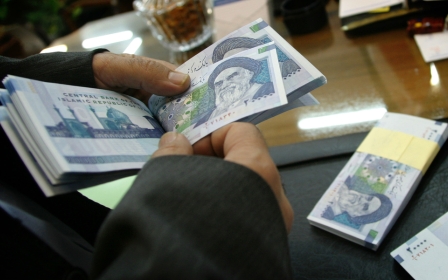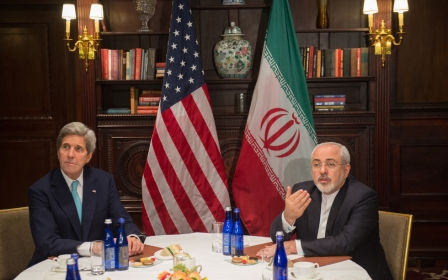Europeans want Iran bank connected to world: French senator

European nations are seeking to ensure at least one Iranian bank stays connected to the world after the US imposed new sanctions against the country, a French senator said in Tehran on Sunday.
The US pulled out of a landmark 2015 nuclear deal with Iran in May and has been reimposing punishing sanctions on the Islamic republic, targeting in particular its financial system. The most draconian measures, which seek to force Iran's major customers to stop buying its oil, are set to resume on 5 November.
The European efforts to help Iranians benefit from the nuclear deal despite the US sanctions is "difficult but it's possible," said French Senator Philippe Bonnecarrere. who was in Iran with six other members of the French parliament, AFP reported.
Bonnecarrere, who heads the France-Iran friendship group in the upper house of parliament, made the remarks during a news conference with French and Iranian counterparts.
One way was "to have at least one Iranian bank remain connected to the international banking system through SWIFT to keep up commercial relations on goods or services that are not subject to sanctions," he added.
Still, US Treasury Secretary Steven Mnuchin told Reuters on Sunday in Jerusalem that the US Treasury was in negotiations with Belgian-based financial messaging service SWIFT, which facilitates the bulk of the world's cross-border money transactions, on disconnecting Iran from the network.
Washington has been pressuring SWIFT to cut Iran from the system as it did in 2012 before the nuclear deal.
"I can assure you our objective is to make sure that sanctioned transactions do not occur whether it's through SWIFT or any other mechanism," he said, "Our focus is to make sure that the sanctions are enforced." Mnuchin declined to give details of the talks with SWIFT executives.
The EU's foreign policy chief, Federica Mogherini, said last month that a Special Purpose Vehicle (SPV) under consideration to facilitate trade with Iran may be in place "before November".
European diplomats have previously described the SPV proposal as a means to create a barter system, similar to one used by the Soviet Union during the Cold War, to exchange Iranian oil for European goods without money changing hands.
The 2015 nuclear deal was agreed between Iran and the so-called 5+1 group - UN Security Council permanent members Britain, China, France, Russia and the United States, plus Germany.
Middle East Eye propose une couverture et une analyse indépendantes et incomparables du Moyen-Orient, de l’Afrique du Nord et d’autres régions du monde. Pour en savoir plus sur la reprise de ce contenu et les frais qui s’appliquent, veuillez remplir ce formulaire [en anglais]. Pour en savoir plus sur MEE, cliquez ici [en anglais].




